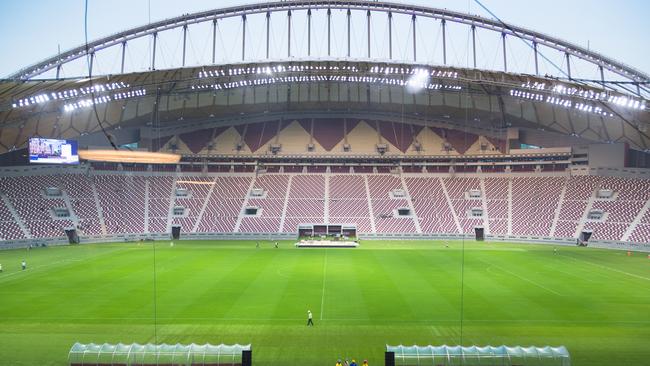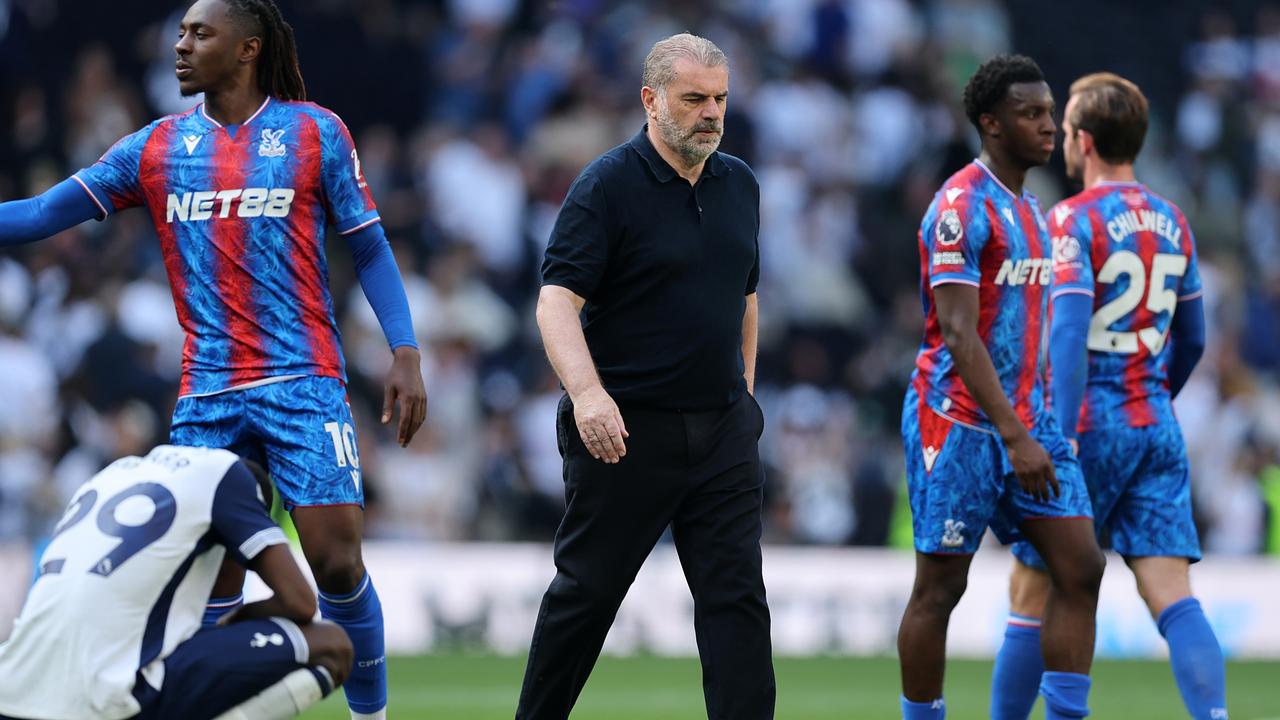Professor says it was clear payment was for negative analysis
A university professor says it was clear he would be required to write a negative analysis of Australia’s 2022 World Cup bid.

The Adelaide University professor approached during the bidding process for the 2022 World Cup says it was clear to him he would be required to write a negative analysis about Australia’s in exchange for “a small fee”.
Professor Richard Pomfret, a highly-credentialled economist, confirmed to The Australian yesterday that he had been approached by a legal firm in Sydney in October, 2010 to write the analysis — just two months before Qatar was controversially handed the hosting rights in a vote in Zurich.
Almost a decade since that fateful day, deep concerns continue to be raised over the legitimacy of the bidding process, the latest following areport in Britain’s Sunday Times that “black operations” tactics were used in an attempt to undermine rival bids from Australia and the US.
Australia spent $46 million on their bid but was left embarrassed after being eliminated at the first hurdle after receiving just one vote.
The Sunday Times claims leaked emails from a whistleblower show Qatar hired a public relations firm as well as engaging former CIA operatives to entice locals in Australia and the US to “poison” public opinion of the bids. The newspaper said a professor in the US was paid $US9000 ($12,156) to write about the US’s bid while revealing Pomfret was “offered a small fee”, which he turned down, to write an analysis of Australia’s World Cup bid.
“I was approached in October 2010 via an email from a lawyer in Sydney,” Pomfret told The Australian. “He asked me to write a piece about Australia’s bid for the 2022 soccer World Cup. He offered a ‘small fee’ to be paid by an anonymous client concerned about the potential waste of Australian taxpayers’ money and provided a link to a paper by US economist, Dennis Coates, on the US bid.
“From the letter and the link, it was clear that he expected a negative conclusion about the bid, but he was not specific about the source of the funding.”
Pomfret said the approach to him “did not seem particularly odd.”
“I had written papers questioning the size of public funding for large sporting events, so it would not have involved me writing anything with which I disagreed,” he said. “But at the time I was too busy to write anything to a short deadline so my response was to suggest that they approach my co-author (John Wilson of the University of South Australia, who also declined due to work pressure).
“At this stage, I wrote back (to the legal firm) expressing willingness to talk further if they could provide more information. I received no reply. I was aware of the Australian bid, which was starting to become controversial due to opposition from some people in the rugby league and AFL hierarchies, but did not get much involved in the debates, as it always seemed likely that an Australian bid would come up short against competing bids from England and the USA. I did not expect Qatar to win.”
Pomfret said he had “forgotten about the episode” until contacted last Thursday.
“The evidence the journalist unearthed, specifically related to the Coates paper, suggests a dirty tricks campaign that is illegal under FIFA rules. However, my impression is that this was probably small beer compared to the bribes that may have been offered to the 22 members of the committee that voted on the bids. But we have no evidence of such bribes.”
Football Federation Australia have refused to buy into the latest revelations surrounding Qatar’s 2022 World Cup bid, but have admitted they are keeping a close eye on developments as pressure mounts on world governing body FIFA to launch an investigation into the process.




To join the conversation, please log in. Don't have an account? Register
Join the conversation, you are commenting as Logout